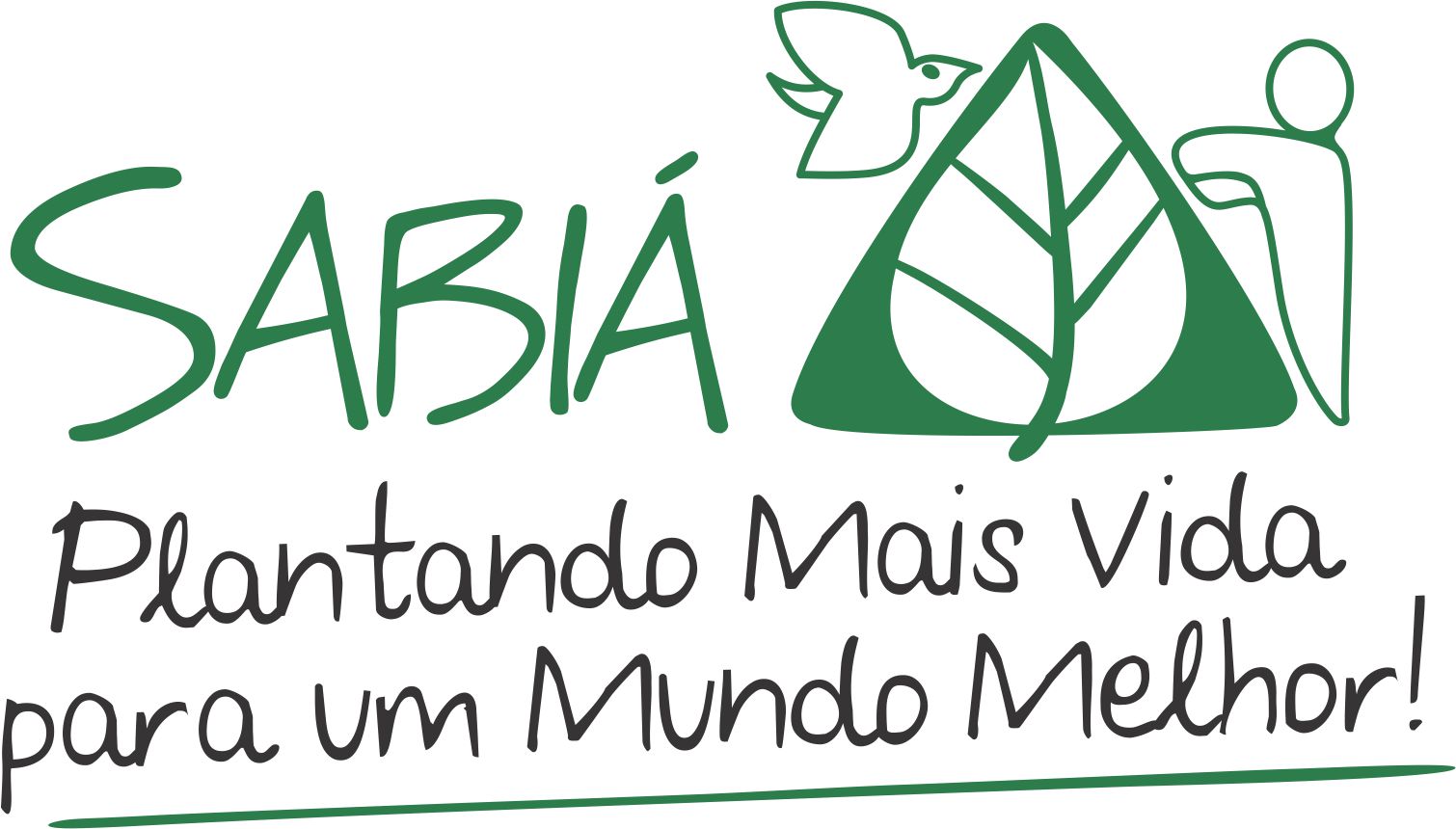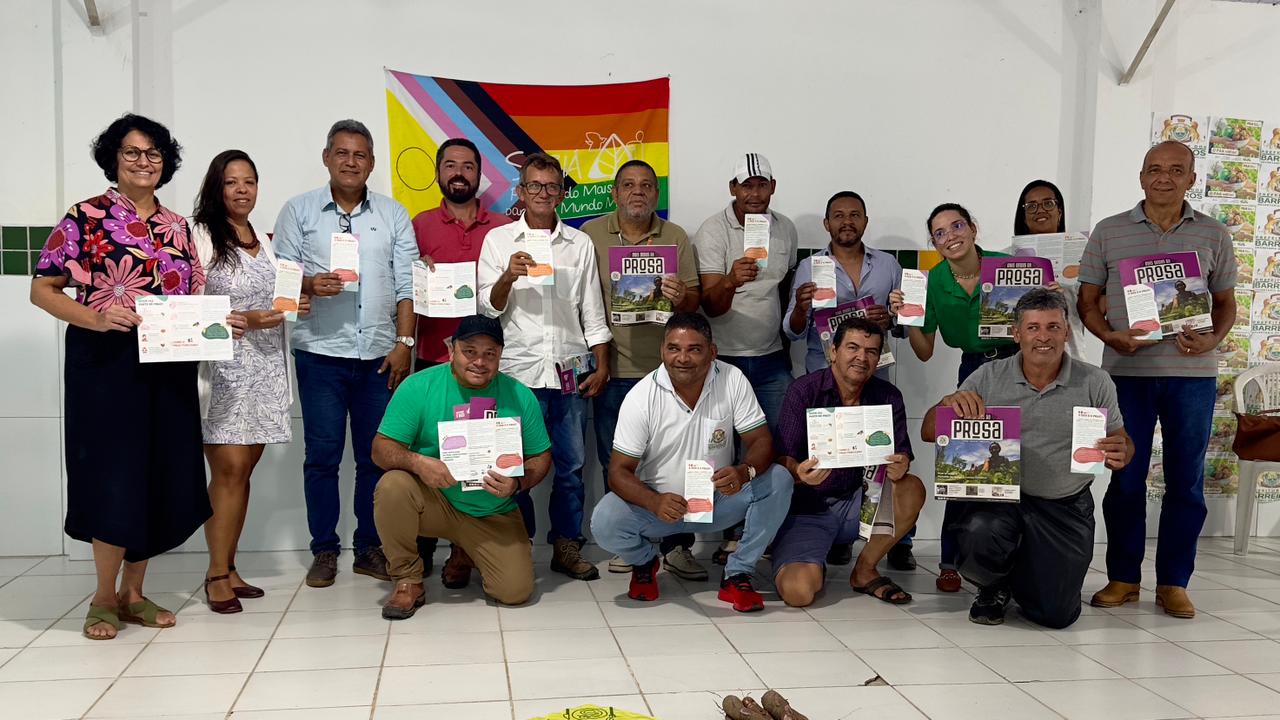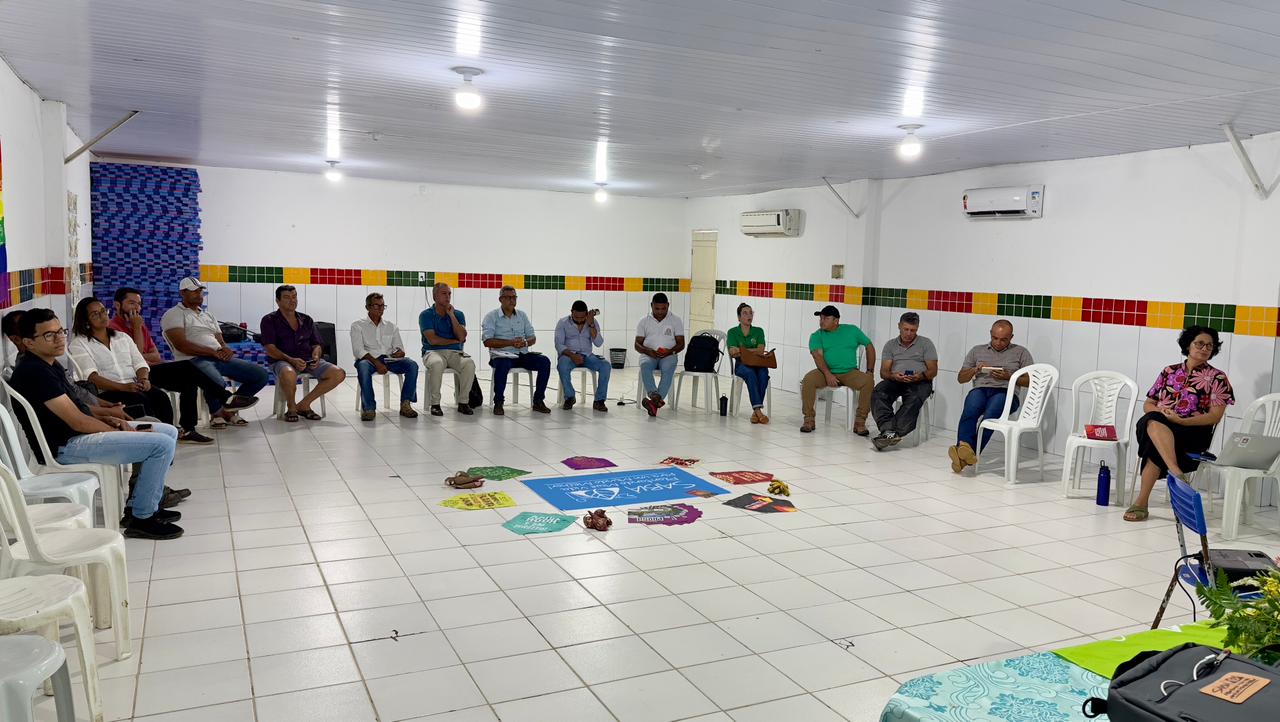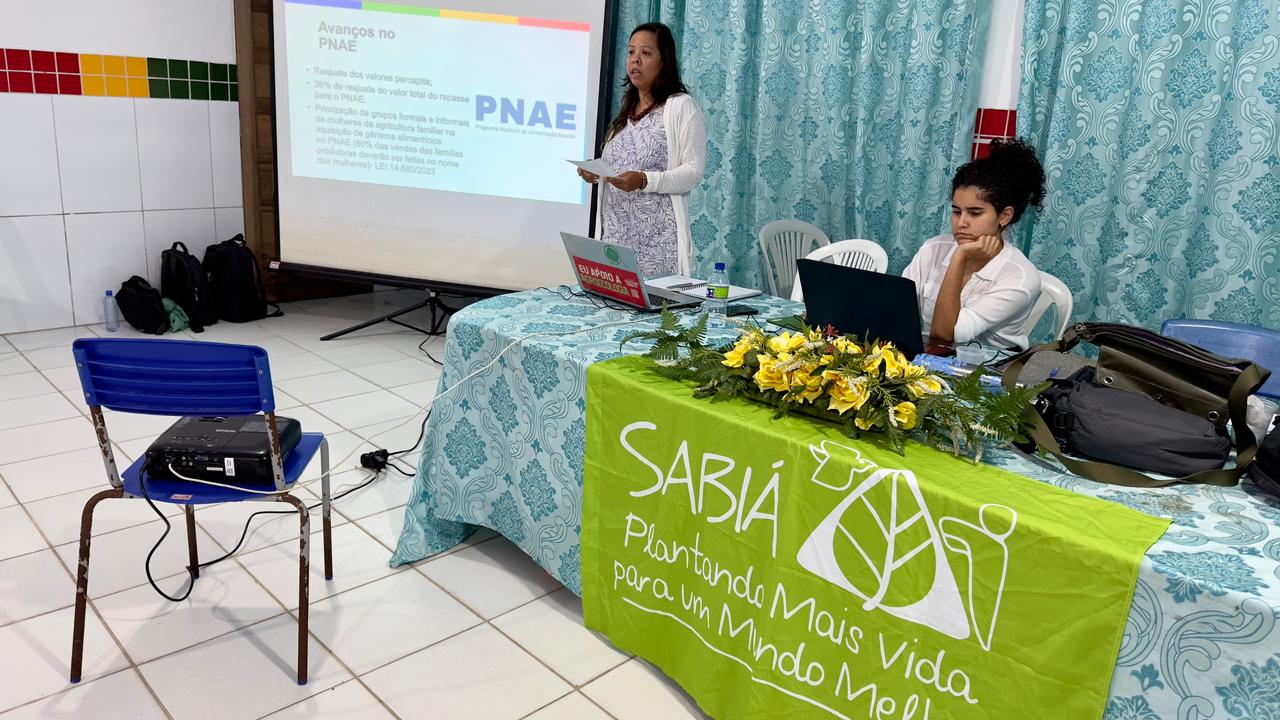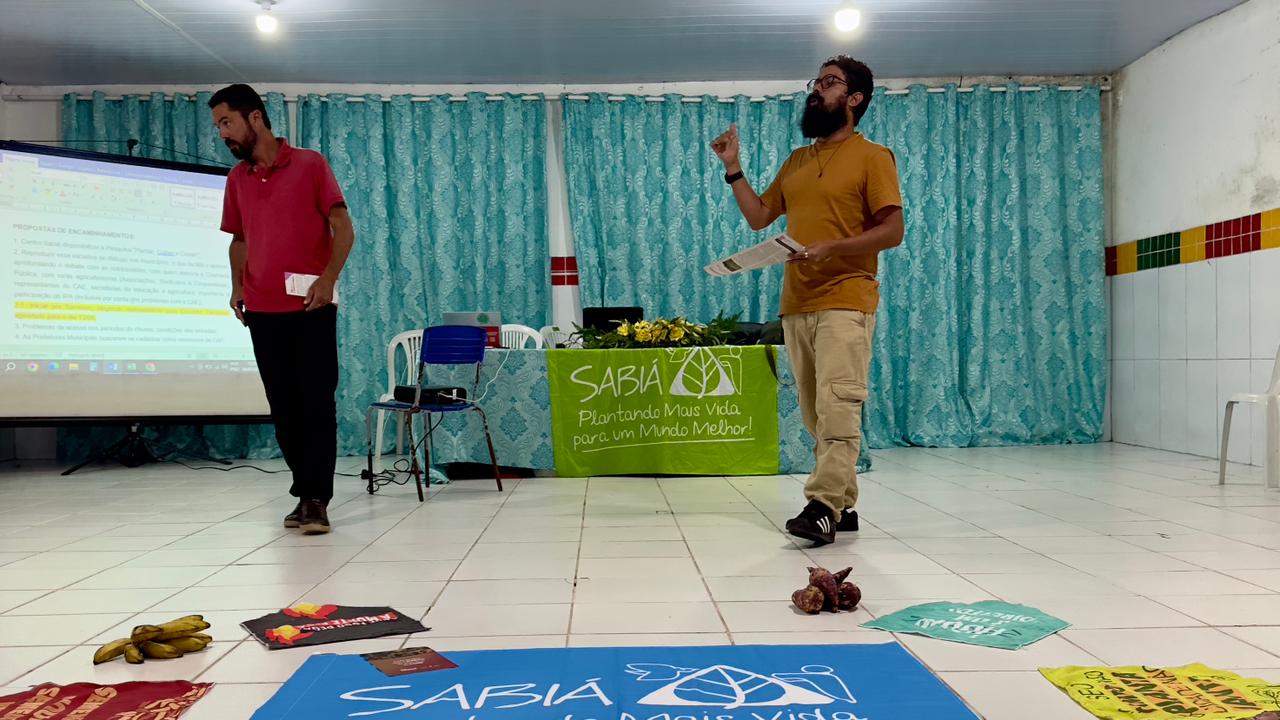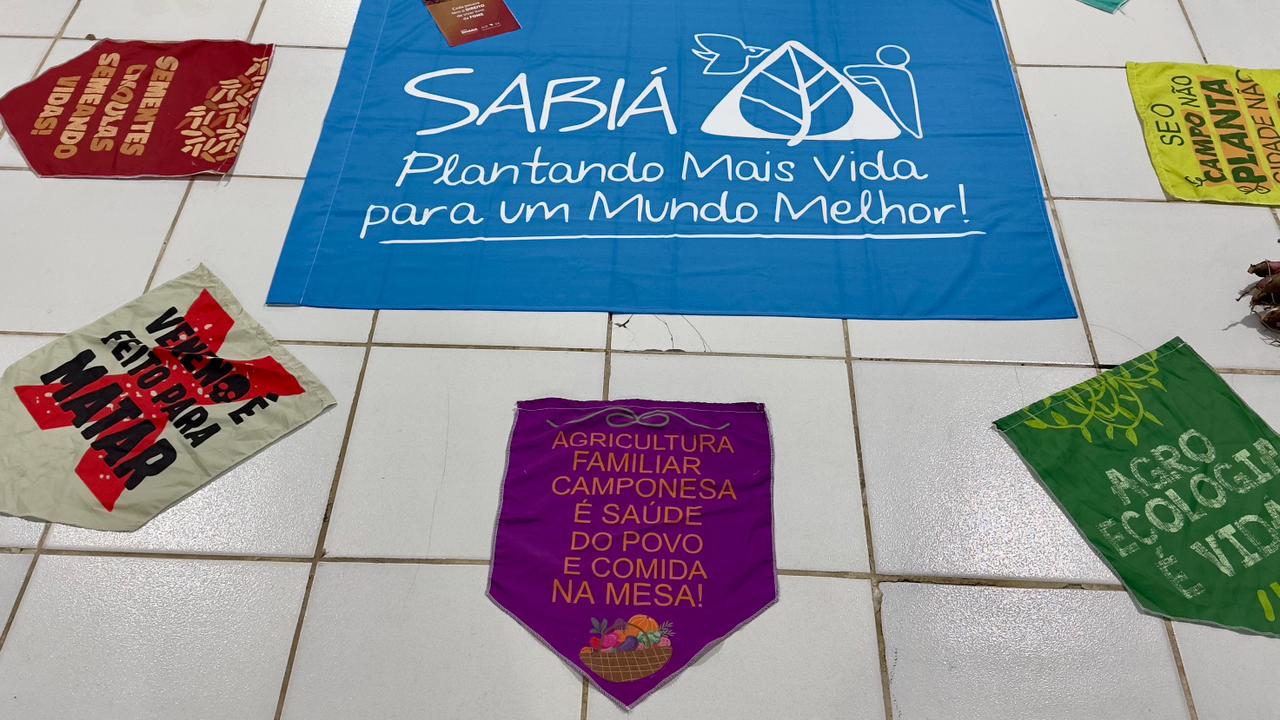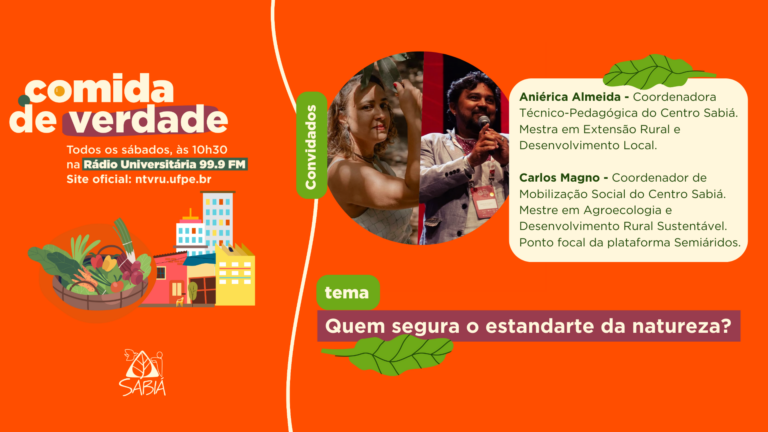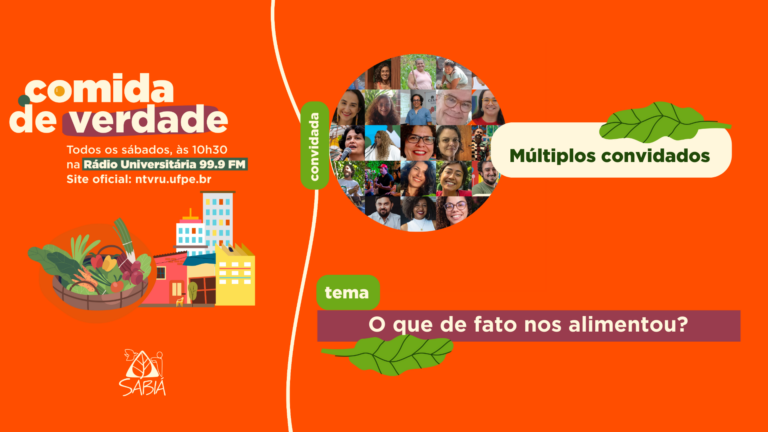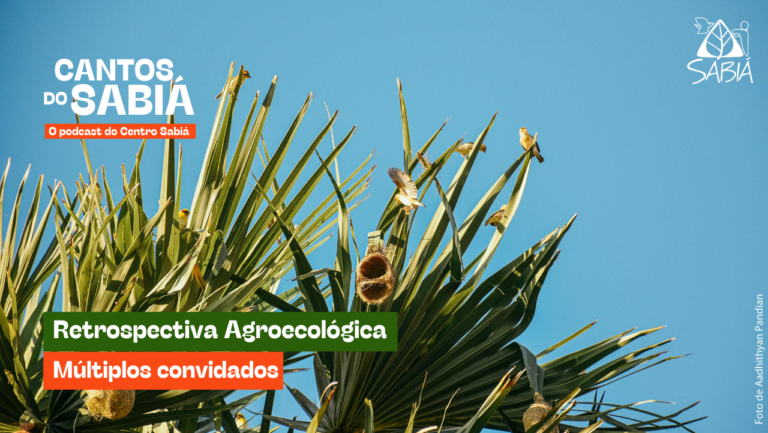Farmers and public managers from the Zona da Mata Sul de Pernambuco meet to discuss the implementation of the PNAE in the territory
Representatives from Catende, Tamandaré, Barreiros, Rio Formoso and São José da Coroa Grande met on Tuesday to share their impressions and discuss the National School Feeding Program (PNAE).
Bárbara Bittencourt
Sabiá Center Communication Intern
On Tuesday (9), the Sabiá Center held the Mata Sul Territorial Meeting on the PNAE, the National School Feeding Program, in Barreiros to discuss the impressions of farmers, associations and cooperatives, public managers and school representatives from the Mata region on the program.
Among the objectives of the meeting was the importance of multiplying farmers’ access to the program, and guidelines for further meetings and discussions.
The farmers commented on their difficulties in relation to the PNAE and talked directly to public managers in the cities of Barreiros, Rio Formoso and São José da Coroa Grande. Among the main issues are: the delay in payments, the poor state of the roads, the low level of publicity for the program by the municipalities, the lack of knowledge of the seasonality of the food by the nutritionists and their transportation to the cities.
As the rainwater hit the roof of the venue where the meeting was taking place, farmer Hoviliano Silva, from Barreiros, recounted his reality and that of so many other rural workers: “The biggest difficulty here is the road, access. I’ve already said this to the current and previous governments. There are communities that are passable in winter and summer, but today, for example, if it weren’t for the little tractor we have on the farm, tractor and motorcycle, we wouldn’t be able to get through. The biggest difficulty we have in getting the product to the city is the roads”.
Another point highlighted is the lack of knowledge of the food produced in the Zona da Mata and its seasonality on the part of the managers and nutritionists who carry out the PNAE. “It’s important for nutritionists to take part in these meetings, because they know about nutrition, but perhaps they don’t know about the frequency of each food. It’s important that they organize the menu taking into account the region in which they work,” said farmer Manuel de Brito, from Catende.
The meeting was also attended by the substitute Federal Superintendent of the Ministry of Agrarian Development in Pernambuco, Camila de Lima. In addition to providing data on the program in the territory and in each of the municipalities gathered there, Camila also pointed out the resilient nature of the PNAE and the farmers: “The PNAE resists with the proposal of nutritional security. It’s not just about feeding, but feeding with what? The policy seeks to simplify the procurement of food for schools, often from the students’ parents, and to keep the money from this investment in the municipality. Doing this work is not a philanthropic obligation for municipal departments, it’s a legal obligation. If managers don’t follow the law, they will suffer consequences. It’s important that you know this in order to bargain politically within these administrations.”
Maria Cristina Aureliano, general coordinator of Centro Sabiá, ended the seminar by criticizing the mistaken view that the public authorities have of family farming and the low production and productivity of this segment. “We live in a capitalist country, which lives by the motto of supply and demand. If there’s no demand, if there isn’t a call for tenders with an appropriate deadline, how are farmers going to organize themselves to participate? Without demand, there is no supply. The PNAE has the potential to encourage agroecological, agroforestry and poison-free production, because when farmers sell to the program, their production increases by 30%.”
Among the recommendations made at the end of the meeting were the following:
1 – Reproduce the initiative of territorial dialog meetings in the municipalities, deepening the debate with nutritionists, public call developers, farmers (Associations, Unions and Cooperatives), representatives of the School Feeding Council (CAE), Education and Agriculture Secretariats;
2 – To register town halls as issuers of the National Family Farming Register (CAF);
3 – Disseminate PNAE processes in the communities;
4 – Attend the face-to-face workshop on the PAA (Food Acquisition Program) and PNAE to be held by the MDA and CONAB (National Supply Company);
5 – Observe the participation of communities in councils, such as the CAEs and the Municipal Council for Sustainable Rural Development (CMDRS);
6 – Updating the CAE registry in the municipalities in order to regularize the rendering of accounts to CONAB.
Nothing found.

